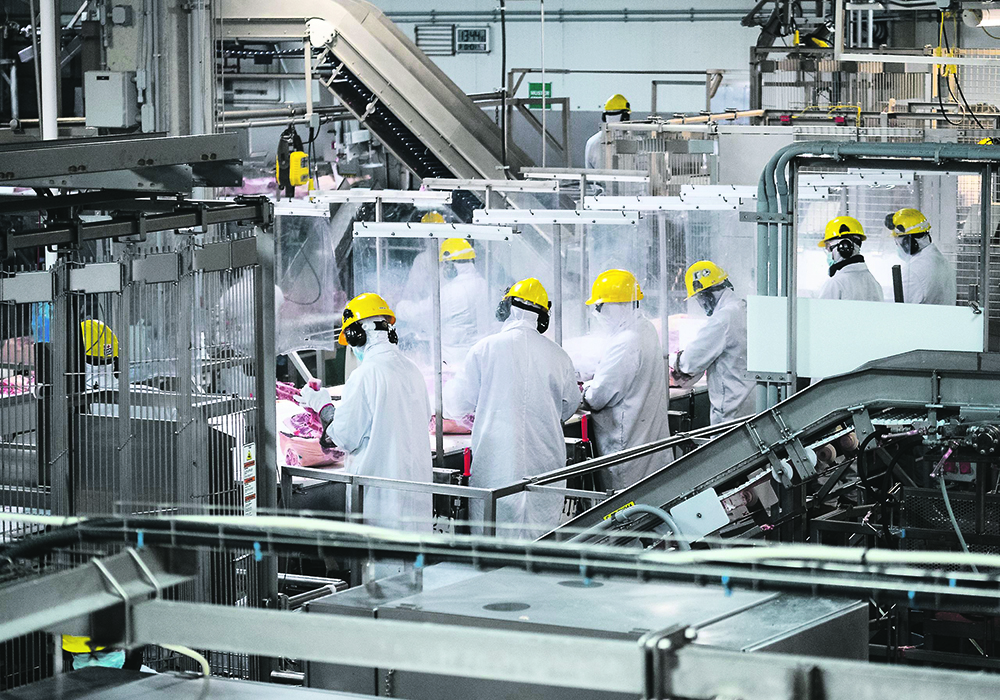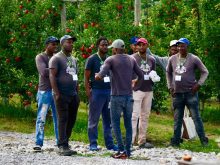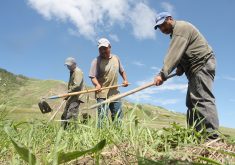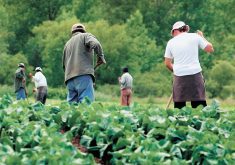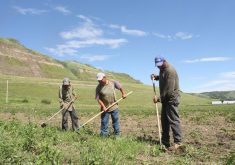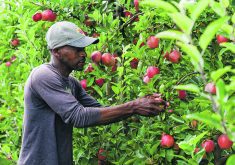The federal government has listened to food manufacturers who have been struggling to hire meat cutters and fill other job vacancies in the food processing sector.
On Monday, the government made significant changes to the Temporary Foreign Worker program to help with the labour shortage in Canada’s agri-food sector.
“The coalition of leading Canadian food and beverage manufacturing associations and their members applaud the federal government for taking concrete action to address the debilitating labour crisis impacting Canada’s food supply,” the Canadian Meat Council, Food and Beverage Canada, the Baking Association of Canada and other groups said in a statement.
Read Also

Phosphate prices to remain high
Phosphate prices are expected to remain elevated, according to Mosaic’s president.
Carla Qualtrough, Minister of Employment and Workforce Development, announced the changes. One of the major improvements for food processors is a new cap on the percentage of foreign workers that they can employ.
As of April 30, employers in seven sectors with demonstrated labour shortages (including food manufacturers) will be allowed to hire up to 30 percent of their workforce through the TFW program for low-wage positions for one year.
All other employers will be allowed to hire up to 20 percent of their workforce through the TFW program for low-wage positions until further notice. The previous limit was 10 percent.
That change is expected to help meat processors who have struggled to find workers for years. Several pork and beef plants across Canada have had job vacancy rates of 20 percent or more.
“Our sector went from 1,700 to 10,000 empty butcher stations in the past few years. The temporary foreign worker cap was a cap on our processing capacity and our sector’s growth potential,” said Marie-France MacKinnon of the Canadian Meat Council. “The measures introduced today will help alleviate our worker shortage and help us produce more high-quality and nutritious Canadian meat to feed Canadians and the world.”
Another change to the TFW program is connected to Labour Market Impact Assessments, better known as LMIAs.
Before hiring a foreign worker, beekeepers, hog farmers, meat processors and any employer must demonstrate that they cannot find a Canadian to do the job. That involves posting job ads and filing applications to the federal government.
Under the new rules, an LMIA approval to hire a foreign worker is now valid for 18 months, double the previous time of nine months.
The feds also promised to process LMIA applications more rapidly. Previously, some employers said it took months for the government to approve the hiring of a foreign worker.
“In order to ensure that employers across the country can hire TFWs in a timely manner, Service Canada recently implemented a series of measures to increase capacity and expedite the processing of LMIA application,” Employment and Workforce Development said.
Food processors have been pushing the government to adjust the TFW program because labour shortages are the number one issue in the industry.
In December, 11 food and beverage associations presented a proposal for emergency changes to the program.
The coalition thanked Qualtrough for acting on their concerns.
“Minister Qualtrough has made clear that her decisions were inspired by the coalition’s proposal and constructive approach to addressing labour issues,” the food and beverage associations said.
“The coalition also thanks (Agriculture) Minister Bibeau for her significant support for the sector and its proposal.”
Contact robert.arnason@producer.com


